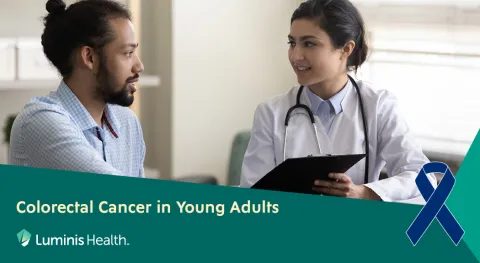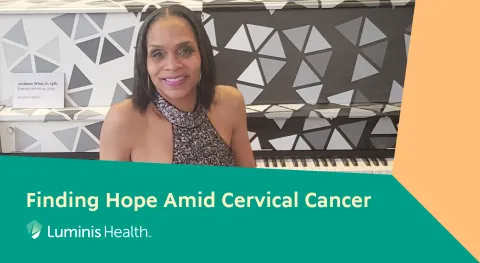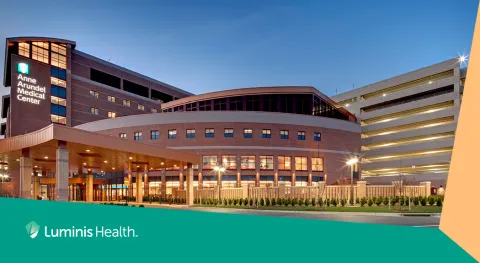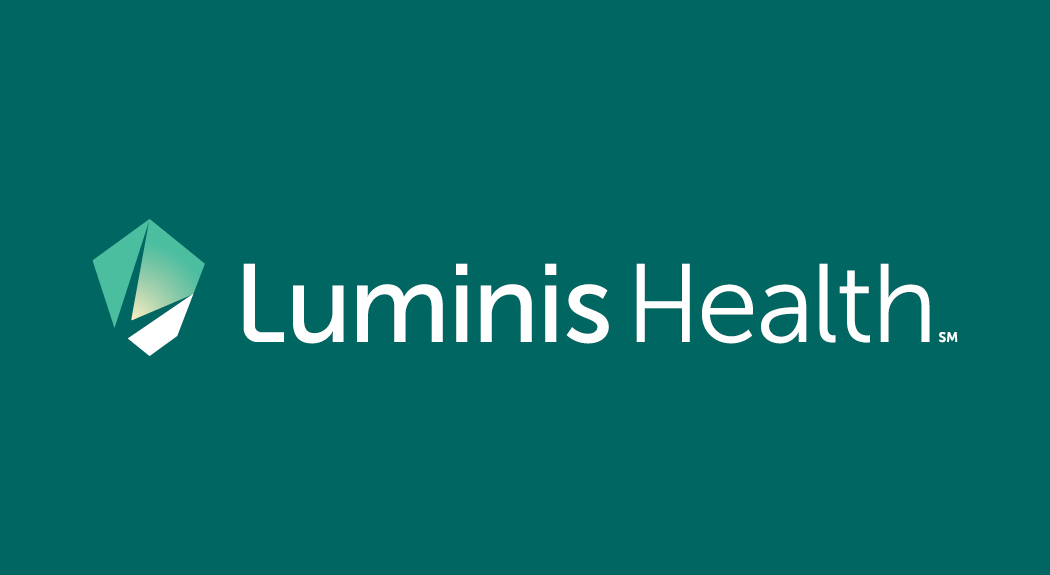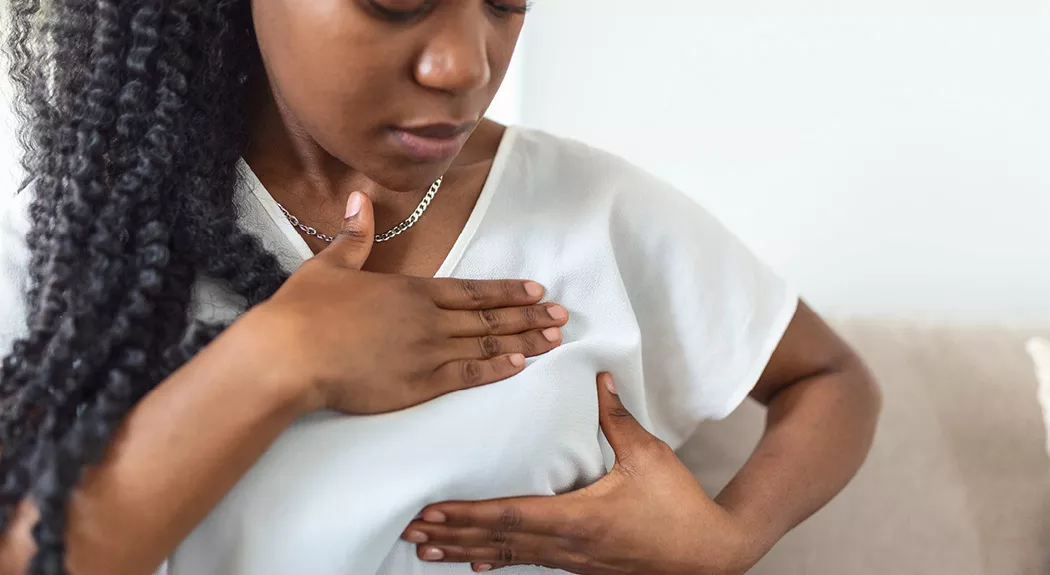
Thanks to awareness and education campaigns, breast cancer tops the list of well-known cancers. But, unfortunately, millions of women know about breast cancer firsthand — it’s the most common cancer in women. Women diagnosed with breast cancer are typically over the age of 50. But the Centers for Disease Control shares that there isn’t just one face to breast cancer. Breast cancer can and does develop in younger women. When it does, it’s known as early-onset breast cancer.
What is early-onset breast cancer?
Breast cancer is categorized as early-onset when diagnosed in someone age 45 and younger. And although breast cancer isn’t as common in younger women, one in 10 women diagnosed is under age 45. Black women tend to have a higher rate of early-onset breast cancer than other younger women.
A few things set early-onset breast cancer apart from other cancers:
- It may include worries about body image, fertility, finances and isolation
- It’s more aggressive and challenging to treat
- It’s often hereditary (runs in your family)
- It’s usually at a later stage when found
What increases your risk for breast cancer when you’re younger?
While anyone with breasts is at risk for breast cancer (yes, even men), different factors increase your risk for breast cancer when you’re younger. If you’re under 45 years old, your risk may be higher if you:
- Are of Ashkenazi Jewish descent, which puts you at a higher risk for changes in genes that fight breast cancer (BRCA1 or BRCA2)
- Are Black, due to genetics, the biology of the cancer, and/or differences in health care.
- Are transgender, due to differences in hormones and gender affirmation surgeries.
- Have a mammogram that reveals you have dense breasts
- Had other breast health problems, such as lobular carcinoma in situ (LCIS) or ductal carcinoma in situ (DCIS).
- Had radiation to your breast or chest during early childhood or as a young adult
- Have changes in the BRCA genes or have close relatives with changes in the BRCA genes
- Have relatives (parents, siblings, grandparents on both sides) who had breast or ovarian cancer before age 45
What are the symptoms of breast cancer?
Breast cancer symptoms can show up differently for everyone. Or you may not have any symptoms at all. In fact, many people don’t know they have breast cancer until it shows up on a mammogram. Some breast cancer warning signs are:
- A new lump in the breast or the armpit area
- Any change in the size or shape of the breast
- Irritation or dimpling of breast skin
- Nipple discharge (including blood) other than breast milk
- Nipple pulling in
- Pain in any area of the breast
- Redness or flaky skin in the nipple area or breast
- Thickening or swelling of any part of the breast
While these symptoms can also be a sign of something other than cancer, it’s crucial to talk with your doctor about these symptoms.
How can you reduce your risk of early-onset breast cancer?
If you have any risk for early-onset breast cancer, there’s good news. You don’t have to let cancer have the upper hand. You can take action and reduce your risk.
Learn about your family’s history of breast and ovarian cancer
Your family’s health history is one of those risk factors that’s out of your control. Learn about your family’s history of breast, ovarian and other cancer history (including your immediate family and extended family on both your mom’s and dad’s side). It gives you and your doctor a solid starting point for better understanding your risk for early-onset breast cancer and hereditary cancer.
Consider genetic counseling and testing
If your family history puts you at greater risk for cancer, your doctor may recommend genetic counseling. You’ll talk with a specialist who can help you and your family decide whether genetic testing for the changes in the BRCA and other inherited genes is right for you.
If you have testing and learn you have a mutation (change) in a gene known to cause cancer, you have options that will make it less likely you’ll develop cancer. Those may include having mammograms, clinical breast exams and ovarian cancer screenings at a younger age. Medications to reduce your risk and surgery to remove your breasts, ovaries and fallopian tubes are also options.
Focus on a healthy lifestyle
Reducing your breast cancer risk is just one of the many benefits of making a healthy lifestyle a priority. Take action and take care of your health. Lower your cancer risks by choosing to:
- Breastfeed your babies, if possible
- Exercise regularly
- Limit or eliminate alcohol
- Maintain a healthy weight
Take charge of your breast health at every age
Don’t assume you have to be a certain age to consider your risk for breast cancer. Prevention and early detection save lives. Talk with your primary care provider, or if you need a provider, call Luminis Health at 443-481-5800 to schedule an appointment.
This post was originally published on the Enquirer Gazette.
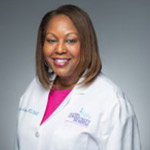 Dr. Regina Hampton, Medical Director of the Breast Center at Luminis Health Doctors Community Medical Center. She is a breast surgeon with more than 15 years of experience.
Dr. Regina Hampton, Medical Director of the Breast Center at Luminis Health Doctors Community Medical Center. She is a breast surgeon with more than 15 years of experience.
